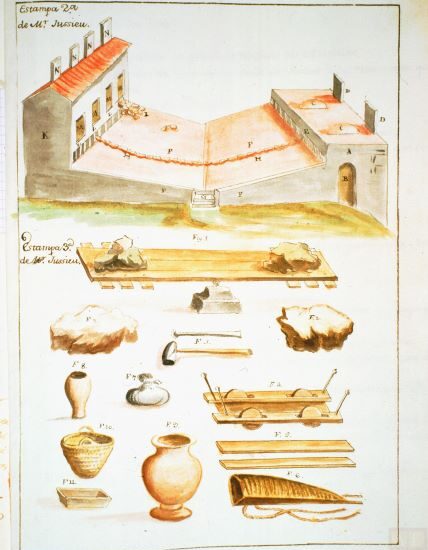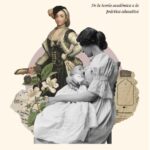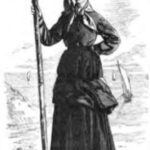As we move into the modern age, both the monarchy and the church rely on qualified personnel to staff their administrations. The training of bishops was no exception. Bishops went from having a military and political profile to an academic one, as they were now recruited from the university environment, where they were required to have a legal and bureaucratic background. The importance of the Castilian universities in the recruitment of these bishops, specifically those of Salamanca and Alcalá, was due to the fact that the monarch controlled them better and gave priority to the profile of the bishop they provided. King Philip II gave priority to a certain type of training and advocated that all his bishops should be educated in the same way. This coincided with a time when the monarch forbade study abroad due to the turbulent European context (there were exceptions), giving priority to training in Spain. This reform of the profile of bishops also responded to other needs, such as the existence of the Lutheran reform and the need to have a well-trained ecclesiastical staff with literary skills and the ability to generate more sophisticated discourses.
Collection: Statistics
Project: 11. Science and culture as representation in Europe.
Chronology: XVI
Scope: Secondary Education, Baccalaureate, University
Link: https://rua.ua.es/dspace/bitstream/10045/28506/1/RHM_20.pdf
Resource type: Statistics
Format: Addendum
Source: FERNÁNDEZ TERRICABRAS, Ignasi. “Universidad y episcopado en el siglo XVI. Las universidades donde estudiaron los obispos de las Coronas de Castilla y de Aragón (1556-1598)”. Revista de historia moderna. Nº 20 (2002), pp. 75-96
Language: Spanish
Date: 2002
Owner: Djebril Bouzidi (Modernalia)
Identifier: FERNÁNDEZ TERRICABRAS, Ignasi. “Universidad y episcopado en el siglo XVI. Las universidades donde estudiaron los obispos de las Coronas de Castilla y de Aragón (1556-1598)”. Revista de historia moderna. Nº 20 (2002), pp. 75-96
Copyright: ©Ignasi Fernández Terricabras y ©Revista de Historia Moderna
Abstract: Universities where the bishops proposed by Philip II have studied
Tags






